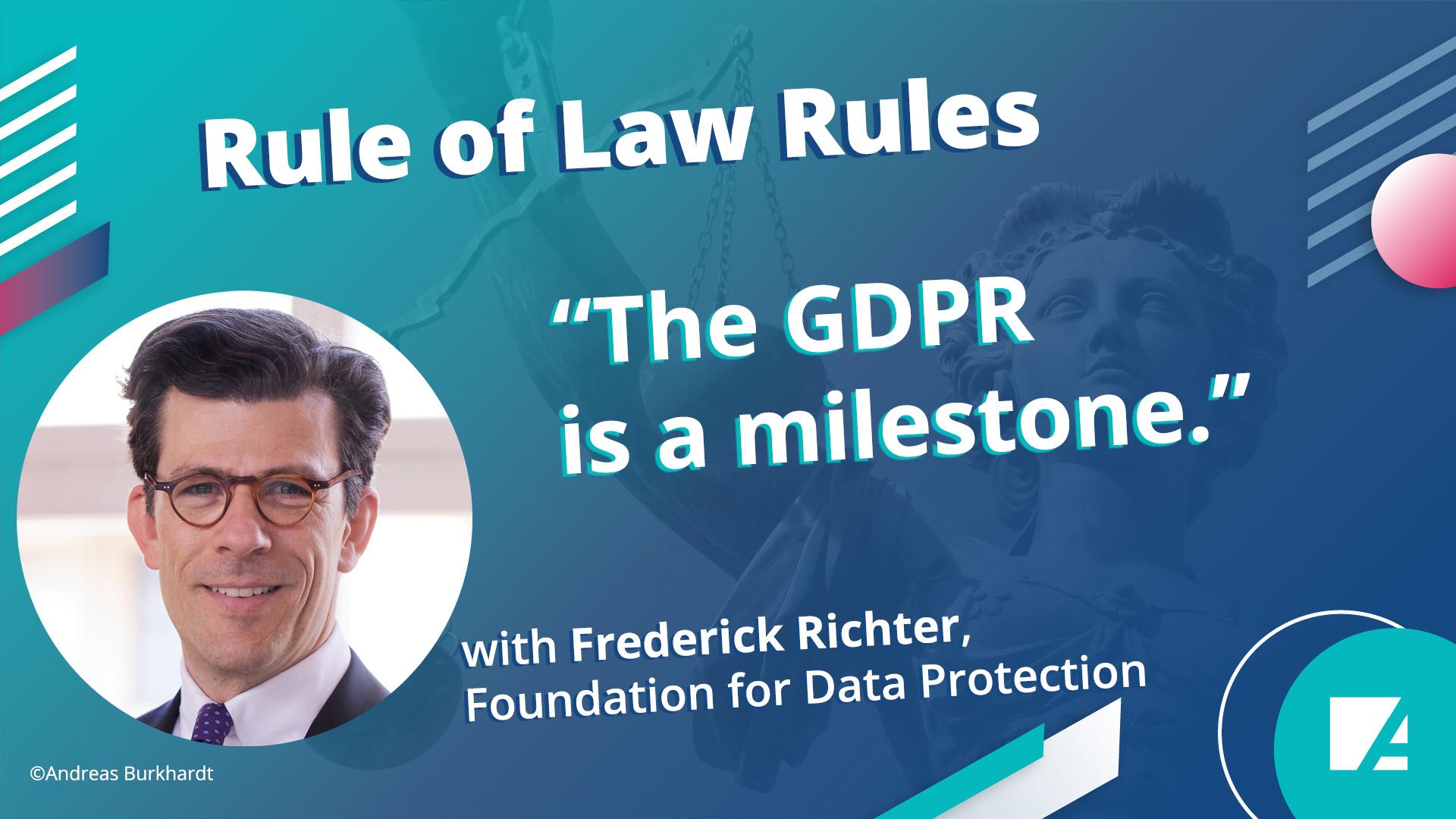Selection and Remuneration of Court Appointed Experts - Rule of Law Programme Middle East and North Africa
In reaching a verdict, it is the judge's very own task to assess diverse evidence and thus to make a final decision according to his free conviction, in accordance to the law. In practice, however, numerous problems arise. Even if a right theoretically exists by its own virtue, the assertion of this right is often restricted or impossible as long as the person claiming the right cannot provide sufficient evidence. Thus, in practice, the lack of evidence is sometimes tantamount to the non-existence of the right itself.
The need for expert opinions and corresponding regulation
Against the background of the significance of the evidence for the judgement, numerous procedural rules contain regulations with regard to the collection and handling of evidence. In order to be able to decide on the legal questions raised in the specific individual case, the judge has at his disposal the evidence listed in the respective rules of procedure, such as testimony, appearance, party hearings and expert opinions. The latter in particular is becoming increasingly important, especially against the background of scientific and technical developments, which judges often fail to understand. Mainly in medical malpractice cases or in cases relating to technical questions in patent infringement disputes, it is usually impossible for the court, without specific expertise, to fully grasp these specific facts and make a decision.
The expert's report is intended to counteract this lack of specialized knowledge; as the court's "assistant", it is the task of the expert to convey to the judge the required knowledge, so that he/she can decide on the matter.4 As such, the expert has an essential, if not decisive role in the process of reaching a verdict. In most cases, judicial decisions are significantly influenced or determined by the contents and recommendations laid down in expert opinions.
In this context, the importance of the selection of the expert becomes evident. The selection and appointment of a qualified expert in the matter can be decisive in a case. In order to ensure a certain standard of objectivity in relation to judicial decisions - especially against the background of the sometimes far-reaching influence of expert opinions on the judicial decision – it is essential to establish a set of criteria both with regard to the selection and the activity of experts. The compensation of experts also plays a significant role. Uniform rules on determining the remuneration of experts help ensure an independent and objective analysis of the individual case.
Reform initiatives and comparative perspective
In several countries the need to revise and up-date legislation on selection and remuneration of experts has been identifies as a major concern of the justice sector, especially among the judges themselves. Large discrepancies between remuneration amounts, a lack of up-dated lists of experts and their specific qualifications, and the impossibility for the parties before court to foresee the costs of the proceeding due to a lack of tables and scales for expert opinions, have incited discussions for reforms. The High Judicial Council of Lebanon has taken initiative in 2018 to reform and up-date the regulatory framework for the selection and remuneration of court appointed experts and expenses for law clerks. This study has been prepared in response to the demand of integrating a comparative perspective. In view of these discussions, in particular the MENA region, the authors have designed this study as an input. The study aims to analyze established rules in theory and practice in countries of Europe, that look back on a long tradition in this field and that themselves have undergone considerable reform over the years:
The French model (II), which was and still is considered the source of inspiration for numerous countries in northern Africa, and the British system (III) as a representative of common law are compared to the German legal system.





